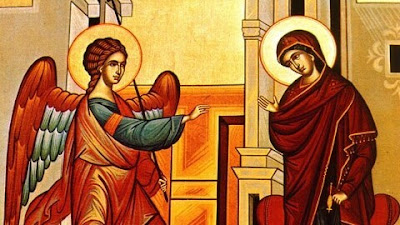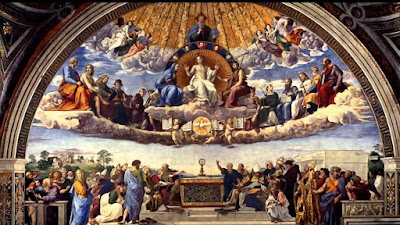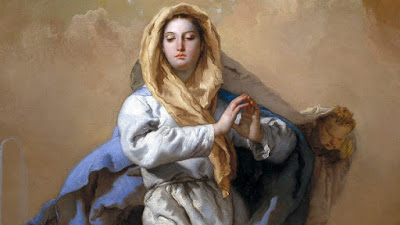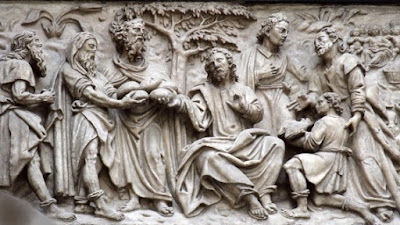The Baltimore Catechism Explained | Lesson 2: On God and His Perfections
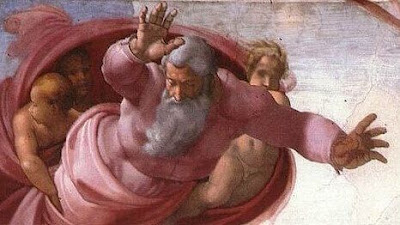
Our Lady of the Rosary Family Catechism Fr. Anthony Pillari JCL, MCL, STD Lesson 2: On God and His Perfections (The following is a transcript from the Our Lady of the Rosary Family Catechism with Fr. Anthony Pillari . Each presentation focuses on a lesson from the Baltimore Catechism. While these catecheses are intended for young Catholics, a prayerful study of the subject matter and materials provided would greatly benefit anyone. This video series is available free online.) Welcome to the second lesson of Our Lady of the Rosary Family Catechism – On God and His Perfections. Let us begin with the prayer taught by our Lady to the children of Fatima, praying it slowly and well, so that you might help save souls even now, as you study your Catechism. In the name of the Father, and of the Son, and of the Holy Ghost. Amen. O Jesus, I choose to live this day, for love of Thee, for the conversion of sinners, and in reparation for the sins committed against the Immaculate Heart of Mary.
